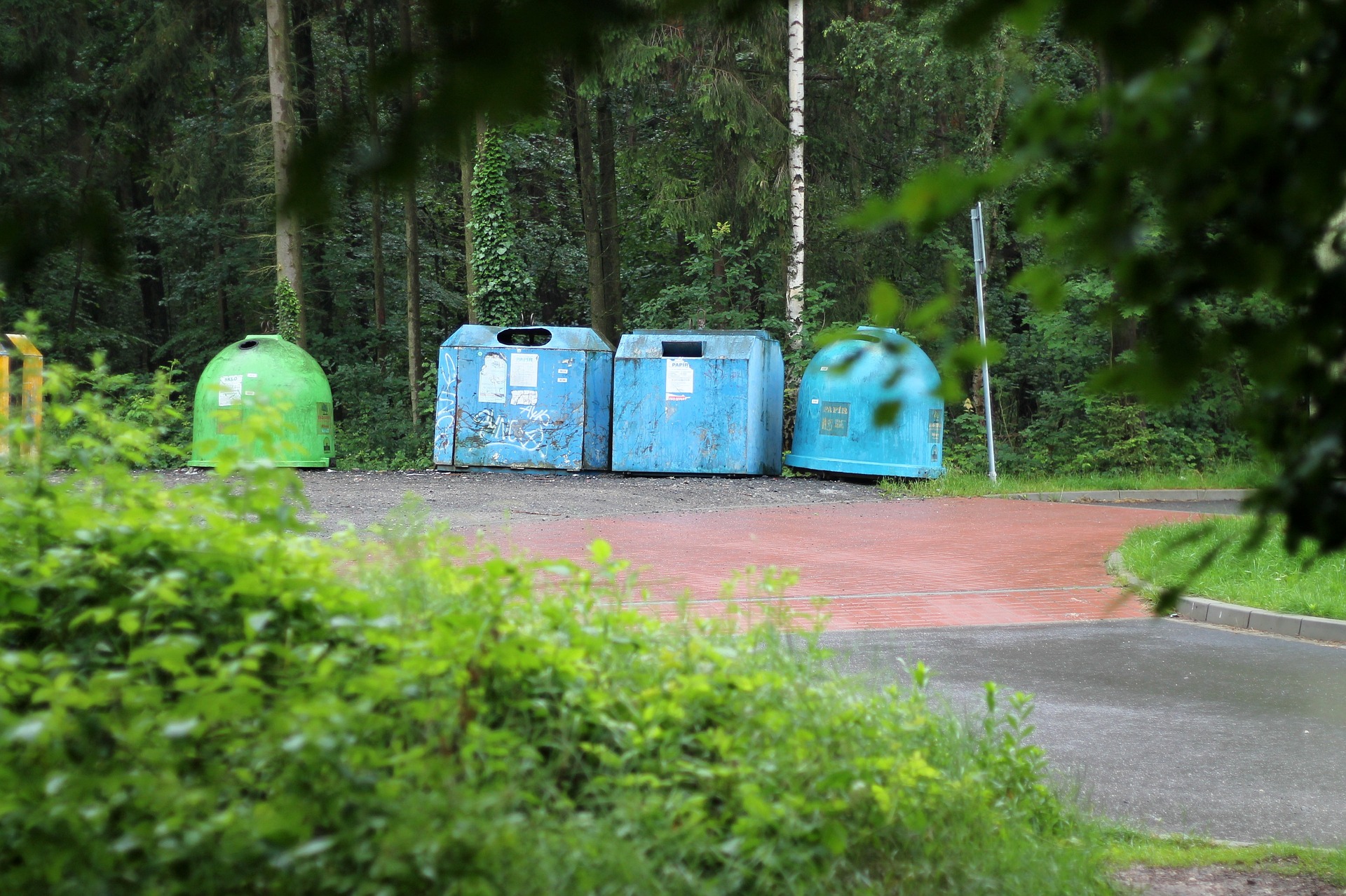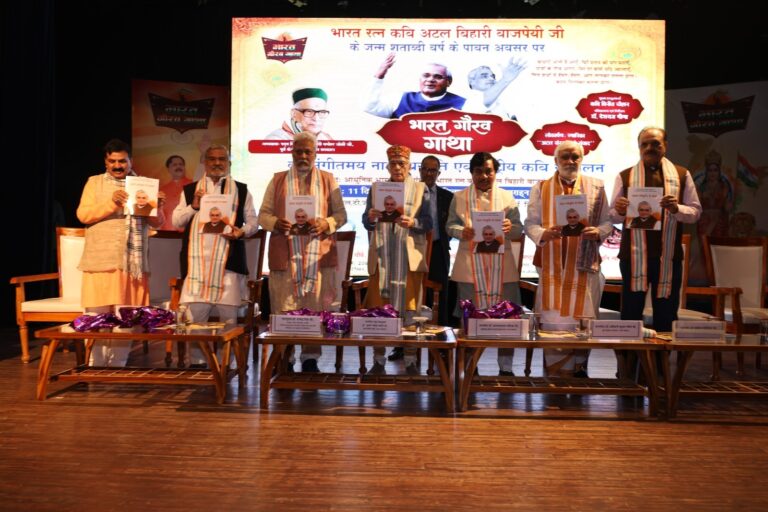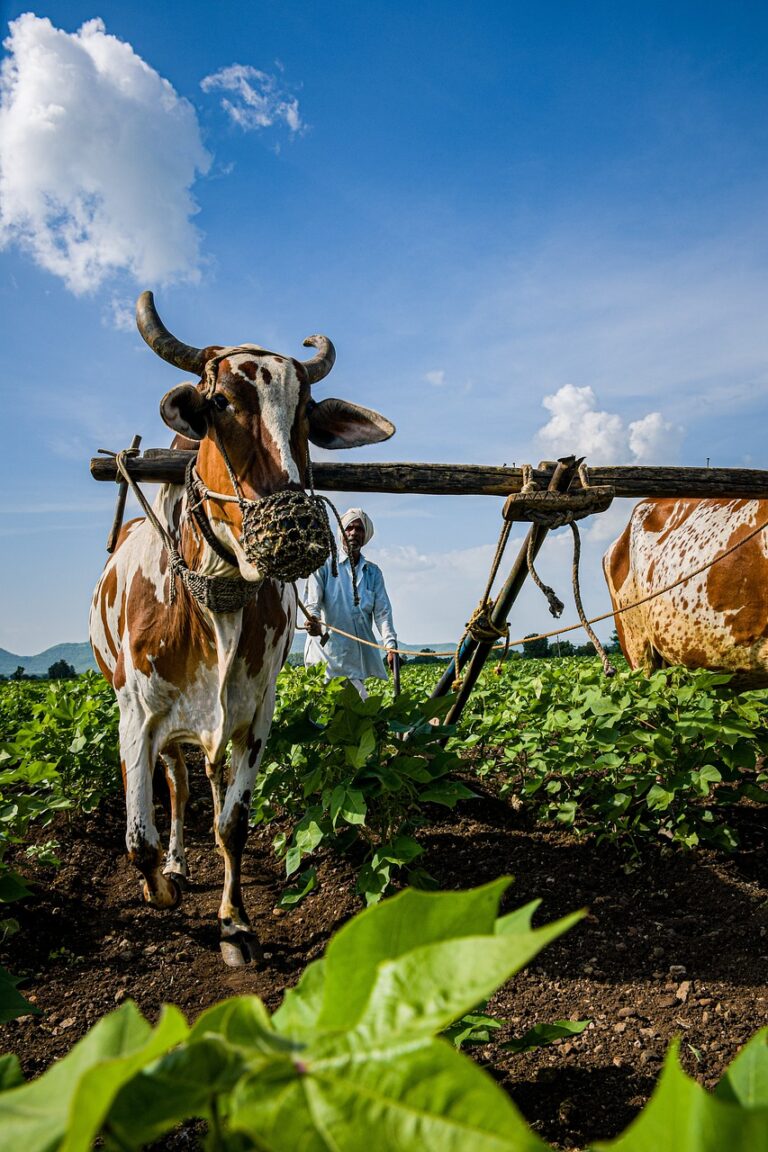
First International Day of Zero Waste bolsters actions to address global pollution crisis
New York/Nairobi: In response to the worsening impacts of waste on human health, the economy and the environment, the world today marked the inaugural International Day of Zero Waste, which encourages everyone to prevent and minimize waste and promotes a societal shift towards a circular economy.
The Food and Agriculture Organization of the United Nations (FAO) estimates that more than 13 per cent of global food production is lost between the production and wholesale stages of the supply chain. Furthermore, global data indicates that an additional 17 per cent is wasted at the retail, food service, and consumer stages. Food quality is also compromised throughout the entire supply chain. These losses occur while over 800 million people are undernourished and almost 3.1 billion cannot afford a healthy diet.
Moreover, food loss and waste contribute to 8-10% of global greenhouse gas emissions.
The International Day of Zero Waste, therefore, aims to bring the myriad impacts of waste to the world’s attention and encourage global action at all levels to reduce pollution and waste by raising awareness of the importance of zero waste and responsible consumption and production practices and urban waste management contributing to achieving sustainable development.
The Day calls on rethinking our practices and embracing a circular economy, which means reducing resource use and emissions to the environment throughout all stages of products’ life cycles, as a key for addressing the triple planetary crisis of climate change, nature loss and pollution, and putting the planet, and humanity, on a path to health and prosperity.
It may be noted that humanity generates more than 2 billion tons of municipal solid waste annually, of which 45 per cent is mismanaged. Without urgent action, this will rise to almost 4 billion tons by 2050. Waste comes in all forms and sizes – including plastics, debris from mining and construction sites, electronics and food. It disproportionately impacts the poor, with up to 4 billion people lacking access to controlled disposal facilities.
“The waste crisis is undermining the Earth’s ability to sustain life. Waste costs the global economy billions of dollars each year,” United Nations Secretary-General António Guterres said in a video message on the Day. “By treating nature like a dumping ground, we are digging our own graves. It is time to reflect on the toll that waste is taking on our planet – and to find solutions to this gravest of threats.”
Established through a UN General Assembly resolution that followed other resolutions on waste, including March 2, 2022, UN Environment Assembly’s commitment to advance a global agreement to end plastic pollution, the International Day of Zero Waste is jointly facilitated by the UN Environment Programme (UNEP) and the UN Human Settlements Programme (UN-Habitat).
“Waste management is critical to overcoming housing challenges, how we manage our cities’ sanitation challenges and, indeed, the climate crisis,” UN-Habitat Executive Director Maimunah Mohd Sharif said. “It is central to improving the lives of people everywhere.”
In its resolution to establish the Day, the UN General Assembly underlined the potential of zero-waste initiatives and called upon all stakeholders to engage in “activities aimed at raising awareness of national, subnational, regional and local zero-waste initiatives and their contribution to achieving sustainable development”.
“We must use existing biological resources more efficiently, and waste less, instead of relying on finite fossil-based resources”, the Director of FAO, Qu Dongyu, told a high-level event held at the UN General Assembly to commemorate the first-ever International Day of Zero Waste.
Qu explained that as the world population is predicted to grow close to 10 billion people by 2050, there is an immense challenge to meet the rapidly growing global demand for food and non-food agricultural products—projected to increase by up to 56 per cent by 2050.
“To meet this extra demand for agricultural inputs, including food, fibre, fuel and fodder, in an equitable and sustainable way… We must produce and consume in a more sustainable and healthier manner, with fewer inputs”, Qu underscored, adding that a circular and sustainable economy offers systemic solutions to address these challenges.
Qu highlighted that bioeconomy is a current FAO strategic priority to reduce waste and pollution, as it values and promotes responsible production and consumption of renewable natural resources, contributing to climate action, biodiversity conservation and ecosystem restoration.
“For example, waste and residues along agrifood systems can be turned into beneficial products such as biomaterials, biochemicals, biopharmaceuticals, and bioenergy. In the bioeconomy, there is no such thing as waste!”, Qu emphasized.
Promoting zero-waste initiatives can help advance all the goals and targets in the 2030 Agenda for Sustainable Development, including Sustainable Development Goal 11 on making cities and human settlements inclusive, safe, resilient and sustainable and Sustainable Development Goal 12 on ensuring sustainable consumption and production patterns.
“We need to act now,” UNEP Executive Director Inger Andersen said. “We have the technical expertise and the drive to innovate. We have the knowledge – both scientific and indigenous knowledge – to find solutions to the waste crisis.
“The first International Day of Zero Waste is a real opportunity to build on local, regional and national initiatives to foster environmentally sound waste management and to contribute to the Sustainable Development Goals,” she added.
Türkiye, which put forward the resolution alongside 105 other countries, is among the leaders of the zero-waste movement. Türkiye launched its zero-waste project in 2017 under the leadership of Her Excellency Emine Erdoğan, the First Lady. On the margins of the UN General Assembly in 2022, the First Lady of Türkiye and the UN Secretary-General signed a goodwill document to extend the country’s zero-waste project globally.
“The Zero Waste Project, which we launched five years ago, is an important step to take action in response to nature’s call for help,” Her Excellency Emine Erdoğan said. “Zero waste has grown over the years – person by person, city by city and region by region – to become a global movement that extends beyond the borders of our country. I sincerely believe that this date will mark the beginning of better days for the world, our common home.”
To mark the International Day of Zero Waste, businesses, governments, non-profits and more are hosting events all over the world. These include community information sessions, e-waste and food collection drives, fashion shows, photo exhibitions and conferences.
The President of the UN General Assembly will convene a high-level meeting in New York to provide a platform to exchange the experiences and success stories of Member States in developing and implementing solid waste management solutions and technologies.
UNEP, including through its One Planet Network and UN-Habitat will undertake campaigns and concerted outreach efforts in the build-up to observations of International Day of Zero Waste on 30 March every year to continue rallying support and action on the importance of zero waste.
– global bihari bureau





